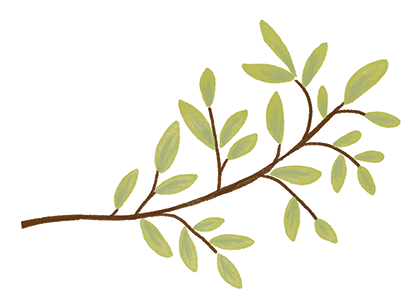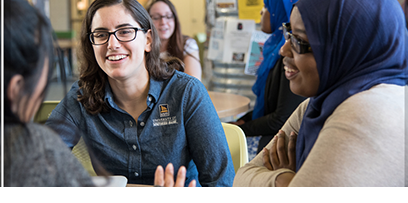
The Department of Philosophy in the College of Arts, Humanities and Social Sciences (CAHS) offers a program that leads to a Bachelor of Arts degree in Philosophy.
The study of Philosophy is the reasoned pursuit of fundamental truths. It is a systematic investigation of the key assumptions that underlie our thinking and which often are taken for granted.
Much of what is learned in Philosophy can be applied to virtually any endeavor. This is both because philosophy touches upon so many subjects, and especially because many of its methods and forms of analysis are applicable in any field.
The learning objectives for the BA in Philosophy are as follows:

- Demonstrate the ability to read astutely, think critically, and argue persuasively;
- Demonstrate an understanding of the major figures and movements in ancient, modern, and contemporary philosophy, with an understanding of both historical context and continued relevance of philosophical positions inside and outside the established canons of philosophy;
- Formulate and evaluate different philosophical positions critically and systematically;
- Demonstrate the ability to formulate their own philosophical question or problem and conduct research and analysis that culminates in a hypothesis;
- Defend their own views in both written and oral formats with strong arguments, but also remain open to disagreement and critique;Explore and examine the connection between philosophy and the broader world of culture, politics, and science;
- Display intellectual curiosity and creative engagement towards the world in which they live.
Why Philosophize?
Literally translated from Greek, philosophy is a “love of wisdom.” Practically speaking, philosophy is a discipline of study that includes several sub-disciplines such as metaphysics, ethics, logic, and epistemology. The history of philosophy is rich with colorful thinkers from every culture. To study philosophy, and the thinkers in philosophy, will broaden one’s intellectual foundation. From another perspective, philosophy can be seen as the art of asking the right questions, and exploring possible answers to those questions.

